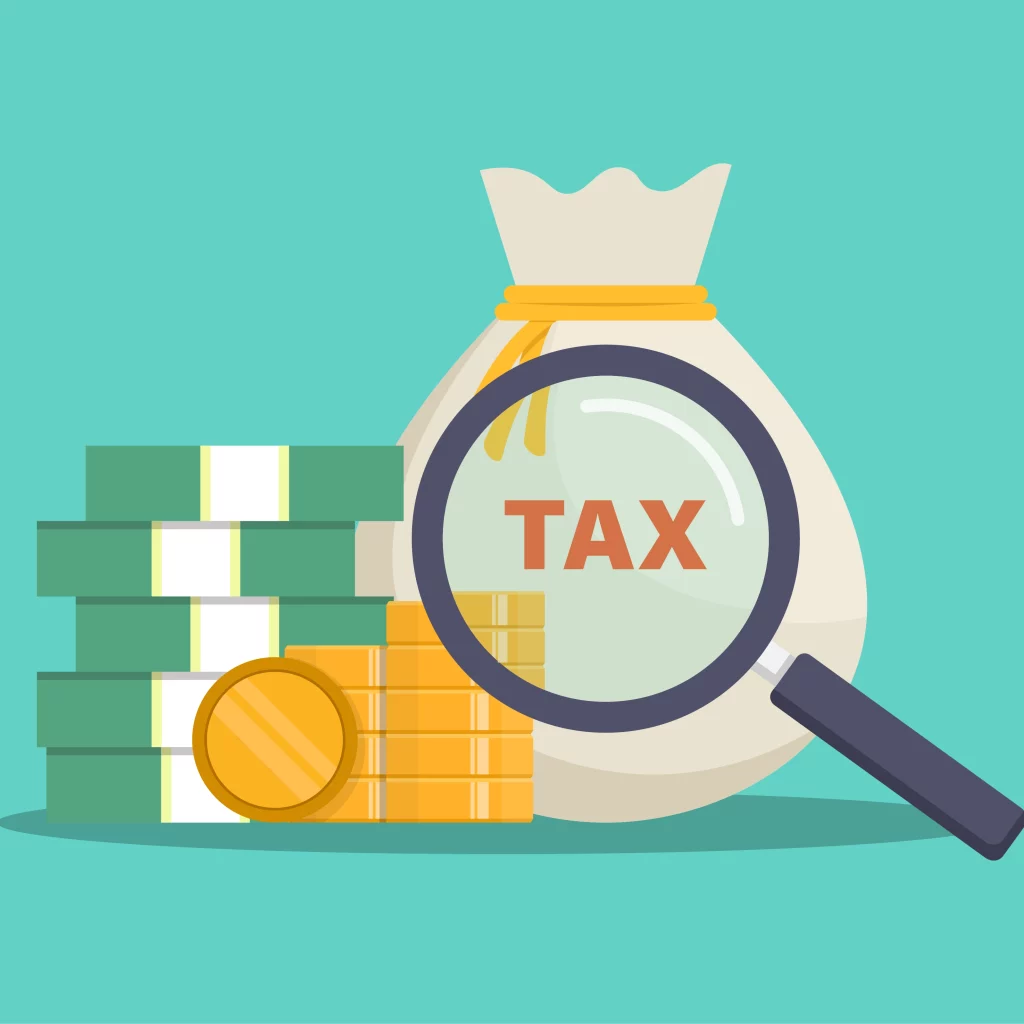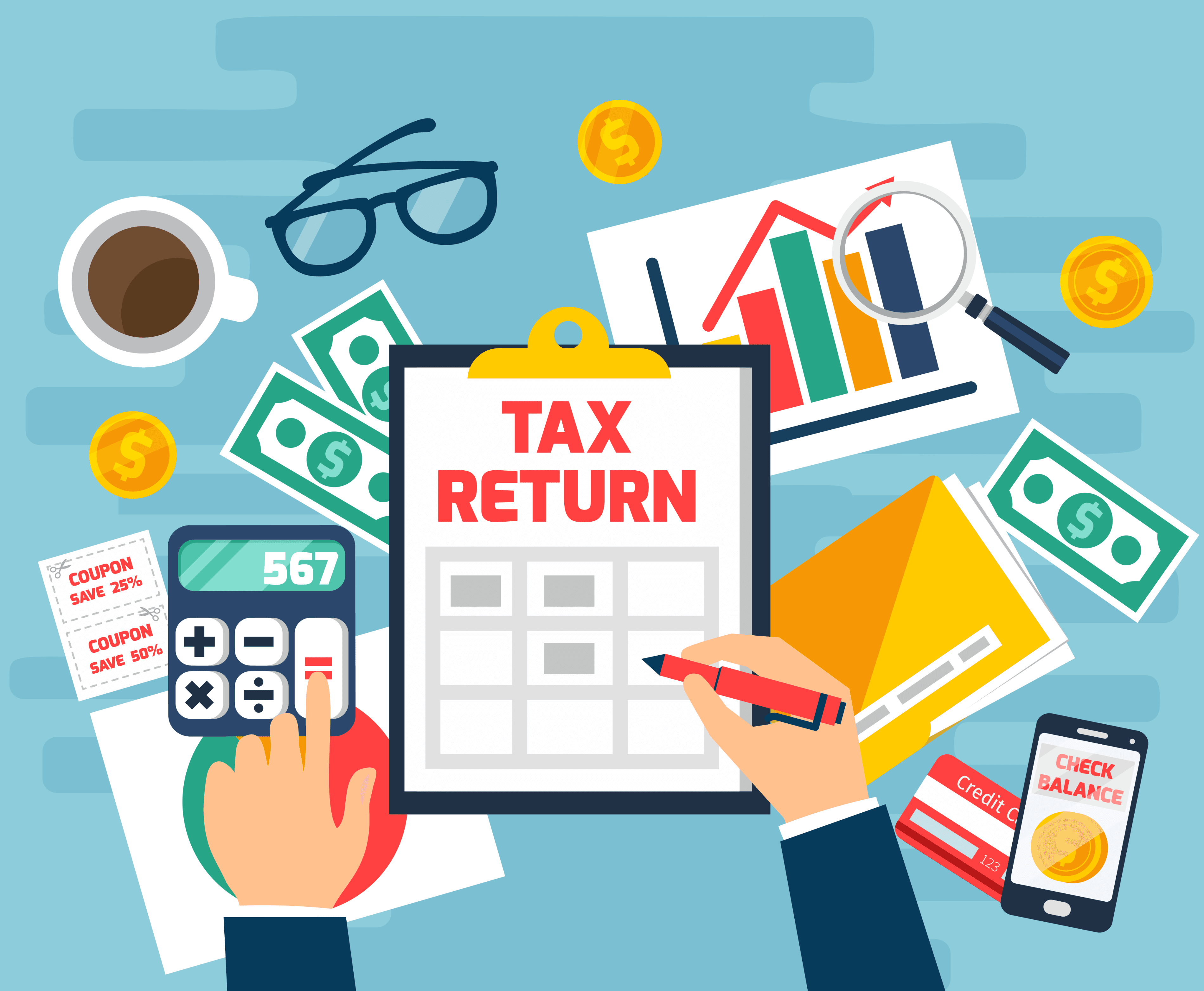Menu

As a non-resident of Canada, you are subject to different tax rules than residents. Generally, Canadian tax residents pay tax on worldwide sources of income. By contrast, if you are a non-resident of Canada, you are only liable to pay tax on income or gains from Canadian sources. The amount of tax you owe will depend on your residency status and the type of income you receive.
There are two types of taxes that non-residents may be subject to: Part XIII tax and Part I tax. Part XIII tax is a withholding tax that is deducted from certain types of income, such as interest and dividends, rental payments and pension. Part I tax is a general income tax that applies to all forms of income, including employment income, business income, and capital gains.
This article will go over the basics of when you are considered a non-resident of Canada for Canadian income tax purposes, as well as outline your tax obligations as a non-resident of Canada. Furthermore, we will provide a brief overview of when and how a non-resident can elect to file a return in Canada.
Residency status is used to determine whether an individual is considered a resident or non-resident of Canada for tax purposes. An individual’s residency status is determined by a number of factors, including the length of time they have been in the country, their ties to Canada, and their intention to live in the country permanently.
For more information on how to determine your residency status, please refer to our blog article Leaving Canada: Know the Tax Implications.
An individual may be considered a non-resident of Canada for income tax purposes if they:
The most important thing to consider when determining your residency status for income tax purposes is whether or not you have, or are establishing, significant residential ties with Canada.
Significant residential ties to Canada include:
Secondary residential ties that may be relevant include:
If you are unsure of your residency status, or if you require assistance in determining your tax obligations as a non-resident of Canada, we recommend that you consult with a qualified tax accountant. Alternatively, it is also a good idea to contact CRA prior to filing your return to ensure you are declaring the proper status. You can visit the CRA website or complete the NR74 Determination of Residency Status (entering Canada) form or the NR73 Determination of Residency Status (leaving Canada) form and send it to the International tax and non-resident enquiries office to get an opinion from the CRA about your residency status.

As a non-resident of Canada, you are subject to Canadian income tax on most Canadian-source income paid or credited to you during the year unless all or part of it is exempt under a tax treaty. Tax calculated on the income of a non-resident of Canada is known as non-resident tax.
In general, non-resident income is subject to Part XIII tax or Part I tax in Canada. If you own a business in Canada or earn employment income in Canada, your income is subject to Part I tax. Part XIII tax applies to dividends, rental payments, old-age pensions, retirement income payments, and annuity payments as well as other types of investment income.
Part XIII is a non-resident withholding tax charged at a rate of 25% and is deducted from the type of incomes listed below. However, if there is a tax treaty between Canada and your country or region of residence, the terms of the treaty may reduce the rate of non-resident withholding tax. Hence, to ensure that the correct Part XIII tax is deducted at source, it is important to tell Canadian payers from which you receive the following income that you are a non-resident of Canada, and also inform them of your country of residence.
If the correct amount of Part XIII tax has been deducted from your income by your Canadian payer, you are not required to submit an annual Canadian income tax return. In that case, the Part XIII tax withheld would be considered your final tax obligation to Canada on that income.
If the correct Part XIII tax has not been withheld, you may choose to voluntarily disclose this information and make the necessary tax payment. In certain circumstances, it will be beneficial for you to file a elect to file a special return to recover some of the Part XIII tax withheld or to eliminate your Canadian non-resident tax owing. Refer to Elective Returns below for more information.
The most common types of income subject to Part XIII are:
Part I tax is a general income tax that applies to all forms of income, including employment income, business income, and capital gains. The most common types of income that may be subject to Part I tax are:
This type of tax is generally deducted at source by the payer. You may be entitled to claim certain deductions from income to arrive at the taxable amount when you file your Canadian tax return. You can also claim a credit for any tax withheld at source or paid on this income. Similar to Part XIII tax, if there is a tax treaty between Canada and your country or region of residence, the terms of the treaty may reduce or eliminate the tax on certain types of income.

Once you have determined that you are in fact a non-resident of Canada, either through assessment by CRA or consultation by a tax accountant, you may be required to file a Canadian income tax return to calculate your final tax obligation to Canada on:
As a result of filing the return, you can either receive a refund of some or all of the tax withheld or have a balance of tax owing for the year.
The following are some examples where individuals or corporations will require non-resident tax services:
In addition to the instances when you must file a non-resident tax return, there are times when you can elect to file a non-resident tax return.
Elective returns can be filed under sections 216, 216.1, 217, and 218.3 of the Act. When you file under these sections, you have the option of paying tax on certain types of Canadian-source income using an alternative tax method. This means that you may receive a refund for some or all of the non-resident tax withheld.
The most common situations where you might choose to file an Elective Non-Resident tax return would include where Part XIII tax was deducted on:
In summary, as a non-resident of Canada, you are still required to comply with Canadian tax law. This includes filing a Non-Resident tax return and paying any taxes owing. Non-compliance can result in significant penalties, so it is important to ensure that you are up-to-date on your tax obligations.
If you have any questions about your specific tax situation, we recommend speaking with a qualified tax accountant. If you are looking for an accountant in Hamilton for professional guidance, you can also contact us and we can help guide you through the complexities of non-resident tax.
If you want to learn more about other tax and accounting topics, explore the rest of our blog!
Disclaimer
The information provided on this page is intended to provide general information. The information does not take into account your personal situation and is not intended to be used without consultation from accounting/tax professionals. NBG Chartered Professional Accountant Professional Corporation will not be held liable for any problems that arise from the usage of the information provided on this page.